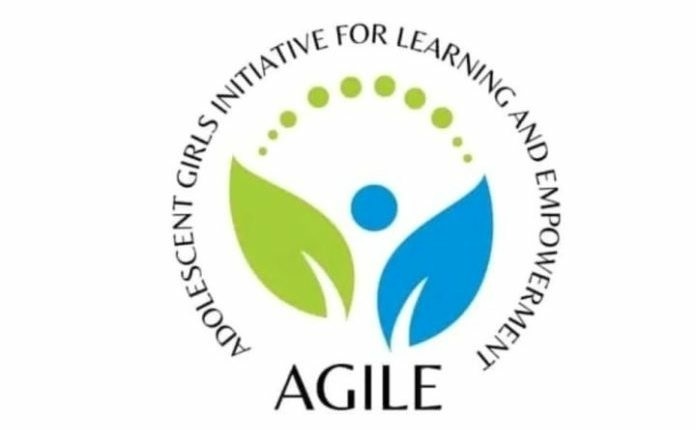The Yakubu Gowon University (formerly University of Abuja), through its Centre for Sponsored Projects, has entered into a strategic partnership with the National Centre of Excellence for Sickle Cell Disease Research and Training (NCESRTA) and the Liverpool School of Tropical Medicine (LSTM) under the PACTS initiative, aimed at strengthening research on sickle cell disease across Sub-Saharan Africa.
The collaboration was unveiled during a high-level workshop themed “Strengthening Institutional Research Capacity and Safeguarding,” jointly organised by NCESRTA, the Patient-centered Sickle Cell Disease Management in Sub-Saharan Africa (PACTS) initiative, and LSTM.
Commitment to Research Excellence
Delivering the opening remarks, Acting Vice-Chancellor of Yakubu Gowon University, Prof. Patricia Lar, represented by Prof. Obiageli E. Nnodu, Director of the Centre for Sponsored Projects, described the partnership as a “key moment” in the university’s commitment to addressing major public health challenges through impactful research.
“This workshop marks a pivotal step in our shared resolve to advance research excellence, particularly in combating sickle cell disease, which remains a public health challenge not only in Nigeria but across the Sub-Saharan region,” she said.
Prof. Lar noted a remarkable improvement in the university’s research portfolio, with the number of faculty members securing research grants rising from five to over 55. She revealed that the institution’s current goal is to ensure every academic staff member secures at least one research grant annually, supported by increased internal funding of up to ₦5 million per project.
“Institutional research capacity is not just a strategic necessity—it is a public health obligation. It empowers our universities to confront pressing national and regional health issues with evidence-based solutions,” she added.
African-Led Research for African Challenges
Also speaking at the event, Professor Imelda Bates, Principal Investigator of the PACTS programme at LSTM, underscored the importance of empowering African institutions to define and lead their own research priorities.
“It’s absolutely critical that institutions like this university and others across Sub-Saharan Africa develop strong internal systems so they can determine the research that matters most to them,” Prof. Bates said.
She described the sickle cell initiative as a pioneering implementation research model, highlighting its inclusive, community-driven approach.
“This project directly involves patients, families, and communities in co-creating solutions that are not only effective but also affordable and culturally appropriate. For many in the team, this is their first foray into implementation research, and that’s exciting.”
Prof. Bates further stressed that, with global research funding becoming increasingly constrained, African institutions must adopt efficient and sustainable practices to address real national needs.





